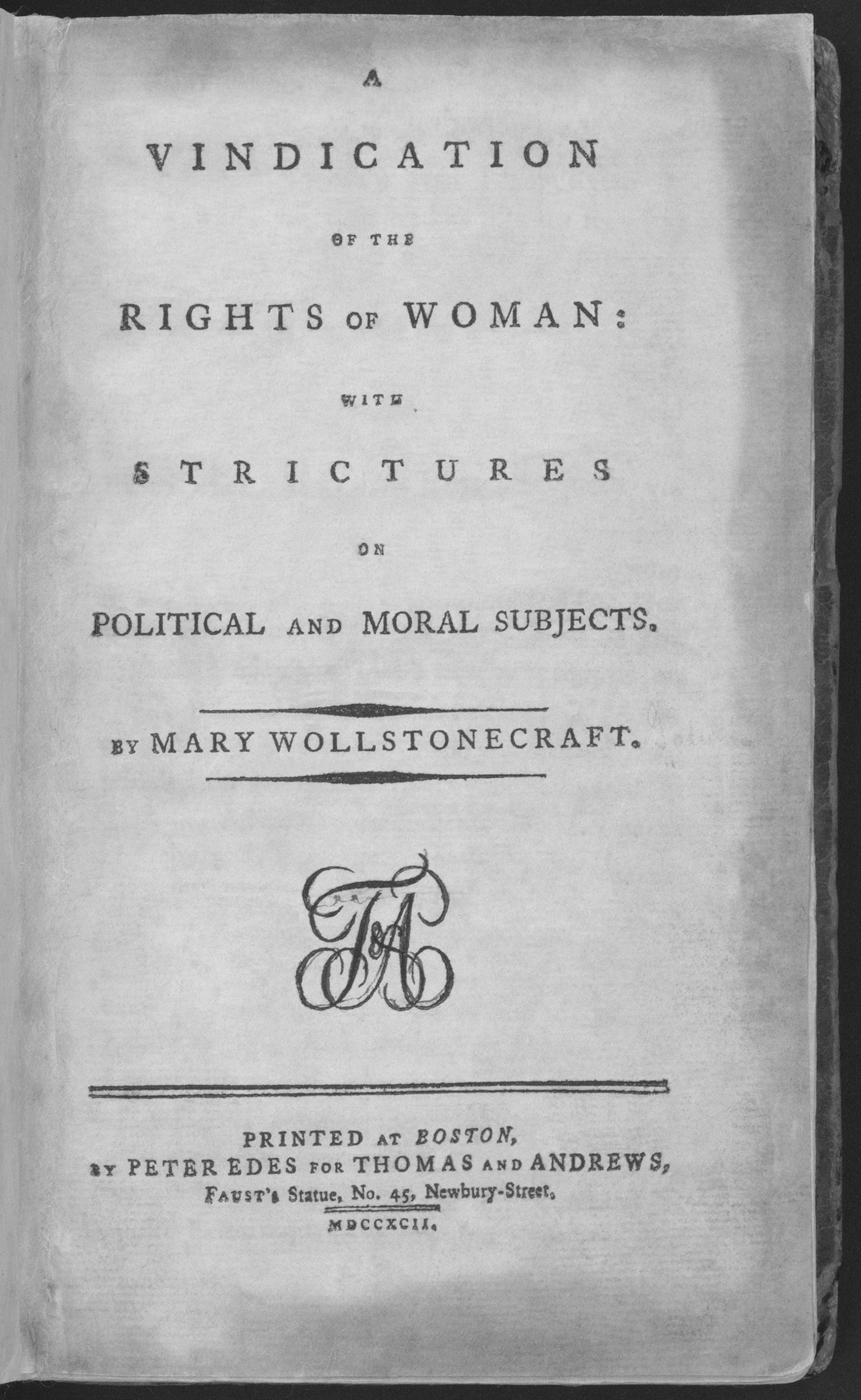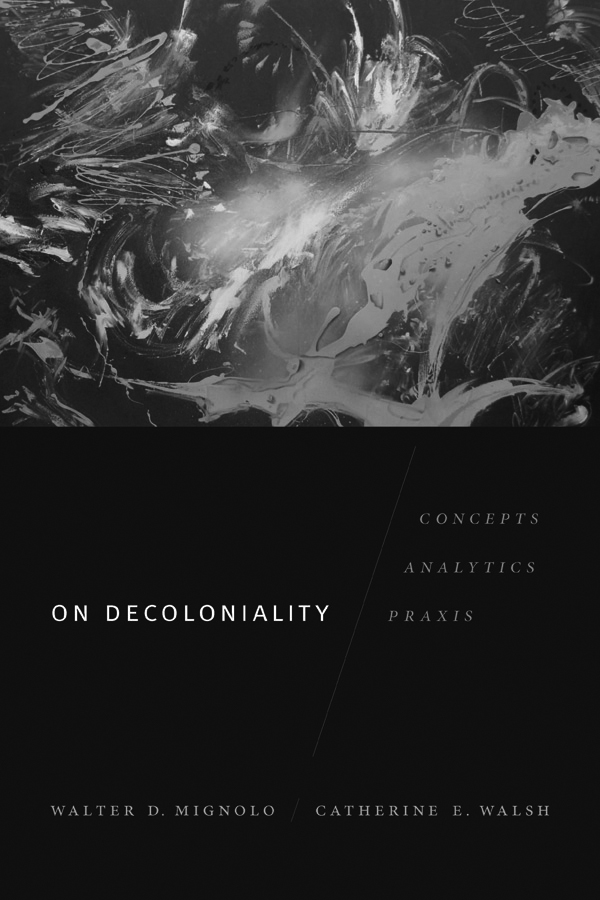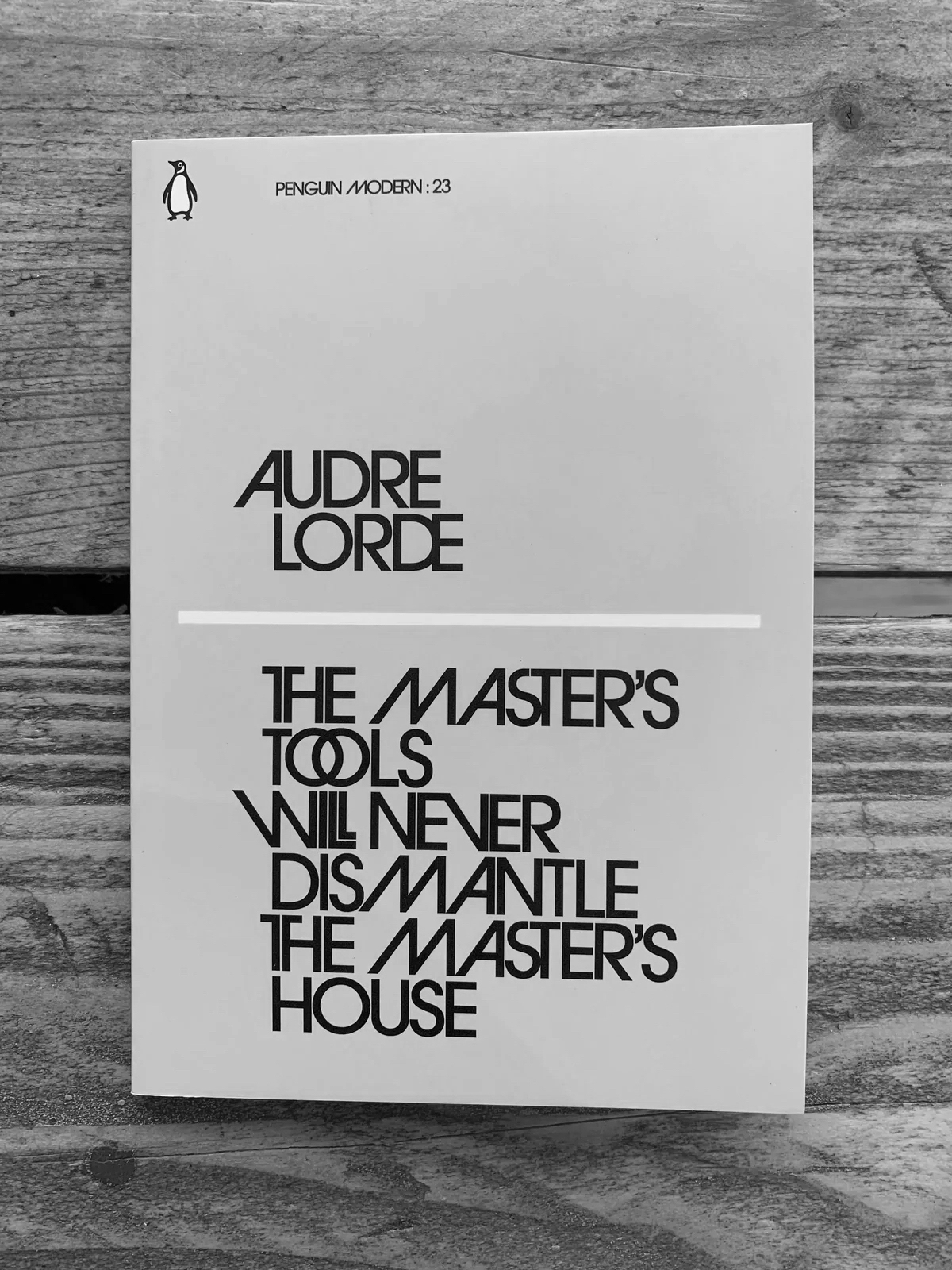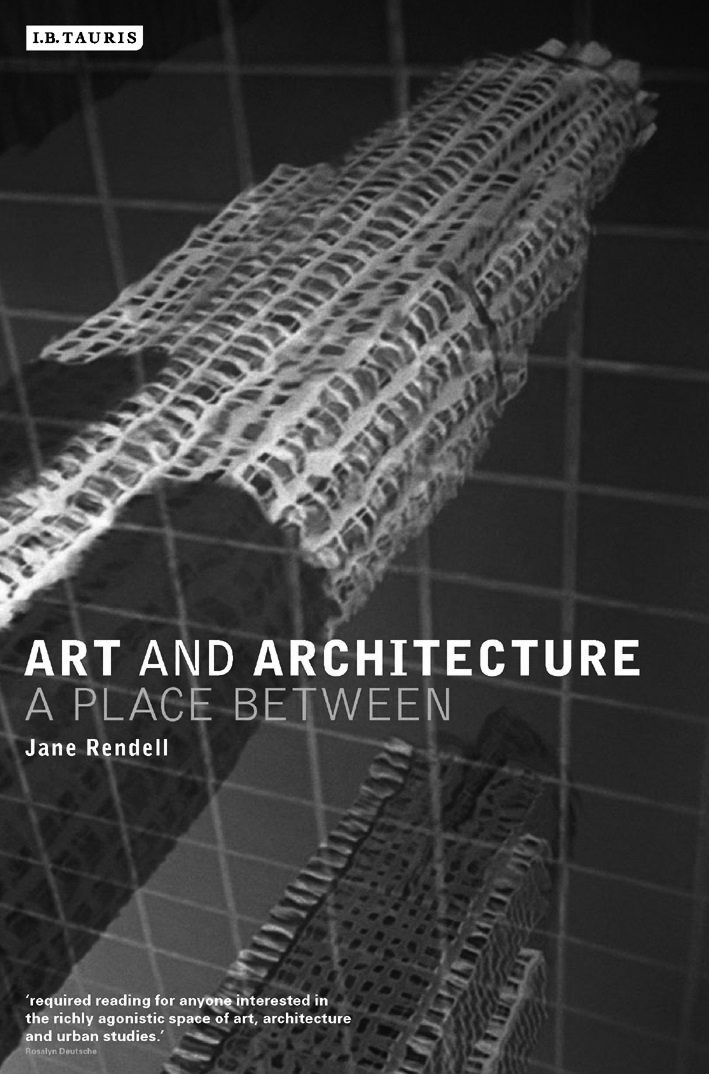Readings
 Source: Pratt, M.L., 2008. Imperial eyes: travel writing and transculturation, 2nd ed. ed. Routledge, London.
Source: Pratt, M.L., 2008. Imperial eyes: travel writing and transculturation, 2nd ed. ed. Routledge, London.WoWA Reading 1
During the first session of our reading group we discussed Mary Louise Pratt’s book Imperial Eyes. Some relevant quotes highlighted by the members of the reading group:
"If the men’s job was to collect and possess everything else, these women travelers sought first and foremost to collect and possess themselves. Their territorial claim was to private space, a personal, room-sized empire.” (Pratt, 2007:156)
"...the scientific enterprise involved all manner of linguistic apparatuses. Many forms of writing, publishing, speaking, and reading brought the knowledge into being in the public sphere (...) Journalism and narrative travel accounts, however, were essential mediators between the scientific network and a larger European public. They were central agents in legitimating scientific authority and its global project alongside Europe’s other ways of knowing the world, and being in it." (Pratt, 2007:29)
"No more vivid example could be found of the way that knowledge exist not as static accumulations of facts, bits or bytes, but as human activities, tangles of verbal and non-verbal practices." (Pratt, 2007:29)
"[...] “contact zones”, that is, social spaces where disparate cultures meet, clash, and grapple with each other, often in highly asymmetrical relations of domination and subordination – such as colonialism and slavery, or their aftermaths as they are lived out across the globe today." (Pratt, 2007:7)
Author: Mary Louise Pratt
Mary Louise Pratt is Silver Professor, Emerita, of Spanish and Portuguese and Social and Cultural Analysis at New York University and Olive H. Palmer Professor in the Humanities, Emerita, at Stanford University. She holds degrees in comparative literature and linguistics from the University of Toronto, the University of Illinois, and Stanford University. She has published extensively on the subjects of Latin American women's writing; travel literature and imperialism; language and militarization; and modernity and neoliberalism. Her ground-breaking Imperial Eyes: Travel Writing and Transculturation (1992, 2007) and her concept of "the contact zone", has reoriented the thinking about cultural encounters in the Americas and beyond. Her most recent book, Planetary Longings, appeared in 2022 with Duke University Press.

Source: Wollstonecraft, Mary. A Vindication of the Rights of Woman. Ryerson University, 2022. https://pressbooks.library.ryerson.ca/avindicationoftherightsofwoman/.
WoWa Reading 2
During the second session of our reading group we discussed Mary Wollstonecraft’s book A Vindication of the Rights of Woman. Some relevant quotes highlighted by the members of the reading group:
“It is, however, carried still further, and woman, weak woman! made by her education the slave of sensibility, is required, on the most trying occasions, to resist that sensibility. "Can any thing," says Knox, be more absurd than keeping women in a state of ignorance, and yet so vehemently to insist on their resisting temptation?” p.265
"So ductile is the understanding, and yet so stubborn, that the associations which depend on adventitious circumstances, during the period that the body takes to arrive at maturity, can seldom be disentangled by reason. One idea calls up another, its old associate, and memory, faithful to the first impressions, particularly when the intellectual powers are not employed to cool our sensations, retraces them with mechanical exactness." p.149-150
"...taste is the offspring of judgement"p152
"It is of great importance to observe, that the character of every man is, in some degree, formed by his profession." p.28
“I must be allowed to explain myself. The generality of people cannot see or feel poetically, they want fancy, and therefore fly from solitude in search of sensible objects; but when an author lends them his eyes, they can see as he saw, and be amused by images they could not select, though lying before them.” p. 149
Author: Mary Wollstonecraft (1759–1797)
According to the Stanford Encyclopaedia of Philosophy: "Mary Wollstonecraft (1759–1797) was a moral and political philosopher whose analysis of the condition of women in modern society retains much of its original radicalism. One of the reasons her pronouncements on the subject remain challenging is that her reflections on the status of the female sex were part of an attempt to come to a comprehensive understanding of human relations within a civilization increasingly governed by acquisitiveness and consumption. Her first publication was on the education of daughters; she went on to write about politics, history and various aspects of philosophy in a number of different genres that included critical reviews, translations, pamphlets, and novels. Best known for her Vindication of the Rights of Woman(1792), her influence went beyond the substantial contribution to feminism for which she is mostly remembered and extended to shaping the art of travel writing as a literary genre; through her account of her journey through Scandinavia as well as her writings on women and thoughts on the imagination, she had an impact on the Romantic movement."
For a more detailed biography see:
Tomaselli, Sylvana. ‘Mary Wollstonecraft’. In The Stanford Encyclopedia of Philosophy, edited by Edward N. Zalta, Winter 2020. Metaphysics Research Lab, Stanford University, 2020. https://plato.stanford.edu/archives/win2020/entries/wollstonecraft/.

Source: Walsh, Catherine E. ‘The Decolonial For: Resurgences, Shifts, and Movements’. and ‘Insurgency and Decolonial Prospect, Praxis, and Project’. In On Decoloniality, by Walter D. Mignolo and Catherine E. Walsh, 15–32. Duke University Press, 2018. https://doi.org/10.1215/9780822371779-002.
WoWa Reading 3
During the third session of our reading group we discussed Catherine E. Walsh’s chapters titled ‘The Decolonial For’ and ‘Insuregency and Decolonial Prospect, Praxis and Project’ part of her book On Decoloniality with Walter D. Mignolo. Some relevant quotes highlighted by the members of the reading group:
“As I have argued, it [a decolonial shift] also entails moving from a posture of "studying about" to "thinking-with". This latter move necessarily demands the enunciation of the researcher herself or himself, and the making visible of his or her presence in this thinking. Challenged here are not only the scientific precepts of distance, neutrality, and objectivity, but also importantly the Western modern/colonial frames of theory, knowledge, research, and academic thought'....'Here, theory, as knowledge, is understood as incarnated and situated, something that the university too often forgets.” p.28
"It is in the for, in the postures, processes, and practices that disrupt, transgress, intervene and in-surge in, and that mobilize, propose, provoke, activate, and construct an otherwise, that decoloniality is signified and given substance, meaning, and form. I recognize this pro-positive and creative force as insurgent, and refer to it in this chapter as decolonial insurgency." p.34
"To think America as the name of a woman,” says Fonseca, “is to insert her—America—as diference in a process of signification that entails a will to power,” and a power to name." p.22
“Decolonial feminisms, in this sense, name, situate, and articulate the pluriand interversals of feminisms, understood as spheres not of unification (or uni-versalization) but of pluralism, plurality, and possible interrelation. As such, decolonial feminisms disrupt and transgress the white feminist universal as they pursue insurgencies, standpoints, and propositions of decoloniality and decolonization.” p.39
Authors: Catherine E. Walsh & Walter D. Mignolo
“Catherine Walsh is a Senior Professor and Director of the Latin American Cultural Studies Doctoral Program at the Universidad Andina Simon Bolivar in Quito. Catherine Walsh also directs the Fondo Documental Afro-Andino, a project dedicated to the recuperation of knowledge in Afro-Ecuadorian communities, and the Intercultural Workshop on Indigenous and Afro voices of the Americas. She has been an invited professor and scholar throughout the Americas.
Her current research interests include the geopolitics of knowledge, decolonial thought and pedagogies, interculturality, and the political-epistemic force of present day Afro Andean and Indigenous movements, including with regard to the re-founding of State.”
See more in https://racespaceplace.com/people-draft/catherine-walsh/.
Walter Mignolo is “William Hane Wannamaker Distinguished Professor of Romance Studies at Duke University. Mignolo’s research and teaching have been devoted, in the past 30 years, to understanding and unraveling the historical foundation of the modern/colonial world system and imaginary since 1500. In his research, the modern/colonial world system and imaginary is tantamount with the historical foundation of Western Civilization and its expansion around the globe. His research stands on four basic premises: a) there is no world-system before 1500 and the integration of America in the Western Christian (European) imaginary; b) the world-system generated the idea of “newness” (the New World) and of modernity and c) there is no modernity without coloniality—coloniality is constitutive no derivative of modernity; d) the modern/colonial imaginary was mounted and maintained on the invention of the Human and Humanity that provided the point of reference for the invention of racism and sexism together with the invention of nature.”
See more in https://scholars.duke.edu/person/walter1654.

Source: Lorde, Audre. The Master’s Tools Will Never Dismantle the Master’s House. Penguin UK, 2018 and Woolf, Virginia. ‘How Should One Read a Book?’ The Yale Review 89, no. 1 (2001): 41–52. https://doi.org/10.1111/0044-0124.00468.
WoWa Reading 4
During the fourth session of our reading group we discussed Audre Lorde’s “The Master’s Tools Will Never Dismantle the Master’s House’ and Virginia Woolf’s ‘How Should One Read a Book?’. Some relevant quotes highlighted by the members of the reading group:
"survival is not an academic skill." (Lorde, 26)
“difference must be ... seen as a fund of necessary polarities between which our creativity can spark like a dialectic.
... Difference is that raw and powerful connection from which our personal power is forged.” (Lorde, 26)
"It is a particular academic arrogance to assume any discussion of feminist theory in this time and in this place without examining our many differences, and without a significant input from poor women, black and third-world women and lesbians." (Lorde, 25)
'For it is only under a patriarcal structure that maternity is the only social power open to women.' (Lorde, 26)
"What does it mean when the tools of a racist patriarchy are used to examine the fruits of that same patriarchy? It means that only the most narrow perimeters of change are pos sible and allowable." (Lorde, 25)
“To read a book well, one should read it as if one were writing it. Begin not by sitting on the bench among the judges but by standing in the dock with the criminal. Be his fellow worker, become his accomplice”. (Woolf, 45)
"Here in this room, if nowhere else, we breathe the air of freedom. Here simple and learned, man and woman are alike." (Woolf, 42)
"Yes; but for all that the problem is not so simple in a library as at the Zoölogical Gardens. Books have a great deal in common; they are always overflowing their boundaries; they are always breeding new species from unexpected matches among themselves." (Woolf, 43)
Authors: Audre Lorde (1934-1992) & Virginia Woolf (1882-1941)
According to the poetry foundation:
"A self-described “black, lesbian, mother, warrior, poet,” Audre Lorde dedicated both her life and her creative talent to confronting and addressing injustices of racism, sexism, classism, and homophobia. Lorde was born in New York City to West Indian immigrant parents. She attended Catholic schools before graduating from Hunter High School and published her first poem in Seventeen magazine while still a student there. [...] Lorde earned her BA from Hunter College and MLS from Columbia University. She was a librarian in the New York public schools throughout the 1960s. [...] Her experiences with teaching and pedagogy—as well as her place as a Black, queer woman in white academia—went on to inform her life and work. Indeed, Lorde’s contributions to feminist theory, critical race studies, and queer theory intertwine her personal experiences with broader political aims. Lorde articulated early on the intersections of race, class, and gender in canonical essays such as “The Master’s Tools Will Not Dismantle the Master’s House.”"
For more see https://www.poetryfoundation.org/poets/audre-lorde
According to the British Library:
“Virginia Woolf (1882–1941) is recognised as one of the most innovative writers of the 20th century. Perhaps best known as the author of Mrs Dalloway (1925) and To the Lighthouse (1927), she was also a prolific writer of essays, diaries, letters and biographies. Both in style and subject matter, Woolf’s work captures the fast-changing world in which she was working, from transformations in gender roles, sexuality and class to technologies such as cars, airplanes and cinema. [...] Woolf’s work often explored her fascination with the marginal and overlooked: of ‘an ordinary mind on an ordinary day’, as she put in her essay ‘Modern Fiction’ (1919/25). In ‘The Art of Biography’ (1939), she argued that
The question now inevitably asks itself, whether the lives of great men only should be recorded. Is not anyone who has lived a life, and left a record of that life, worthy of biography – the failures as well as the successes, the humble as well as the illustrious
For more see https://www.bl.uk/people/virginia-woolf
 Rendell, Jane. ‘Sites, Situations, and Other Kinds of Situatedness’. Log 48 (winter spring 2020): 27–38 and ‘Marginal Modes: Positions of Architecture Writing’. Architectural Review (blog), 3 August 2020. https://www.architectural-review.com/essays/marginal-modes-positions-of-architecture-writing.
Rendell, Jane. ‘Sites, Situations, and Other Kinds of Situatedness’. Log 48 (winter spring 2020): 27–38 and ‘Marginal Modes: Positions of Architecture Writing’. Architectural Review (blog), 3 August 2020. https://www.architectural-review.com/essays/marginal-modes-positions-of-architecture-writing.WoWa Reading 5
During the fifth session of our reading group we discussed Jane Rendell’s ‘Sites, Situations, and Other Kinds of Situatedness’ and ‘Marginal Modes: Positions of Architecture Writing’. Some relevant quotes highlighted by the members of the reading group:
"The associated verb to situate describes the action of positioning something in a particular place, while the adjective situated defines something’s site or situation. Situatedness, then, is a way of engaging with the qualities of these processes of situating or being situated." (Rendell, 2020)
"How does a shift from the spatiality to the temporality of site-specific practice, as well as concerns with the situatedness of practice and criticism, take us to situations them- selves?" (Rendell, 2020)
'I wanted to draw attention to the critic as a precise category of viewing subject who, with the responsibility to "interpret" and "perform" the work for another audience, occupies a discrete position as mediator between the artwork and viewers.' (Rendell, 2020, p. 29)
'I have increasingly realized that one drawback in always pointing to site specificties and matters of situatedness is that space comes to the fore rather than time. [...] to focus on the temporality of site specificity and to consider time not only as history but also in all its other modalities'. (Rendell, 2020, p. 32)
"[Selvedge] As a transitive verb, it indicates the act of forming an edging or boundary. And if that isn’t enough to get one thinking about the spaces of edges and the making of borders, it has a geological meaning too – a selvedge is a stratum that has been placed under pressure, a zone of rock that has been altered." (Rendell, 2020)
'“I defined these critical spatial practices as approaches for questioning and transforming the social conditions of the sites in which they intervened, as well as testing the boundaries and procedures of their own disciplines”' (Rendell, 2020, p. 29)
Author: Jane Rendell
Jane Rendell (born Dubai, UAE in 1967) is an architectural historian, cultural critic and art writer. She has taught at Chelsea College of Art and Design, Winchester School of Art, and the University of Nottingham. She has been based at the Bartlett School of Architecture at UCL since 2000, where she has been Professor of Architecture and Art since 2008, teaching primarily across the Situated Practice, Architectural History and PhD programmes.[1] She was Director of Architectural Research (2004–10) and Vice Dean Research (2010-3). She is currently Director of Architectural History and Theory and leads the Bartlett’s Ethics Commission.[2]
Rendell obtained her BA (Hons) Architecture from the University of Sheffield in 1988, and her DipArch, University of Edinburgh in 1992, and practiced as an architectural designer with Anthony Richardson and Partners, and the feminist architectural co-operative, Matrix. She obtained her MSc in The History of Modern Architecture from UCL in 1994 and her PhD, ‘The Pursuit of Pleasure: Architecture in London 1821–8’, from Birkbeck College, University of London in 1998, supervised by Professor Lynda Nead.
For more see https://www.janerendell.co.uk/
